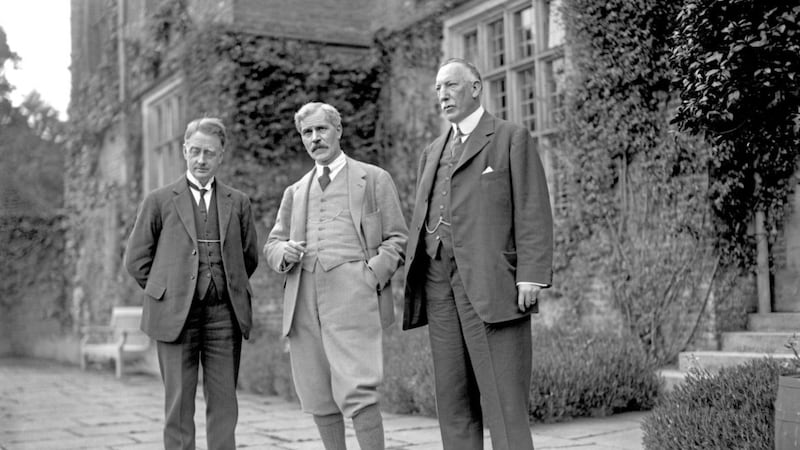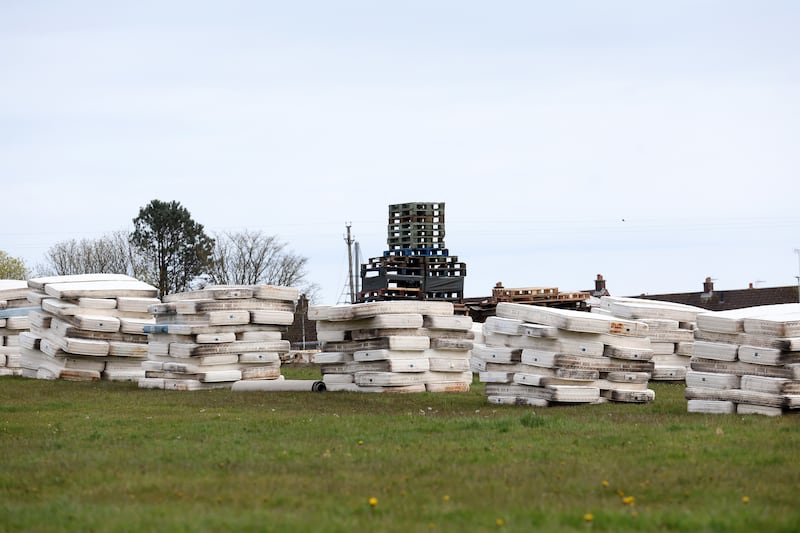The fact that the long-running dispute over cuts to legal aid payments has been finally resolved is a positive step which undoubtedly serves the interests of justice.
This ongoing row has had a major impact on the justice system in Northern Ireland with more than 900 cases delayed as lawyers withdrew from cases in protest at the reduced payments.
Barristers and solicitors argued that the lower fees would affect their ability to represent their clients.
Clearly, these delays were not in the best interests of victims who have faced an inordinate wait for their cases to be heard which can only have added to the anxiety and apprehension associated with giving evidence in a criminal trial.
From the point of view of defendants, this has also been a deeply unsatisfactory situation as anyone is entitled to have their case considered within a reasonable length of time.
As with so many disputes over pay, it was difficult to see how this matter would reach an agreed outcome.
This row had already come before the courts and last November a High Court judge held that the rules do not provide fair pay to defence solicitors in some criminal cases but declined to quash the rules.
An appeal was due to begin last month but Lord Chief Justice Sir Declan Morgan proposed that mediation take place instead.
Talks began on Wednesday and agreement between the Department of Justice, Law Society and Bar Council was announced on Thursday.
Sir Declan Morgan's intervention has been praised and clearly this has helped to break the deadlock.
Importantly, it means that the courts can get back to normal working and any future disputes will hopefully be resolved in a speedier manner.






